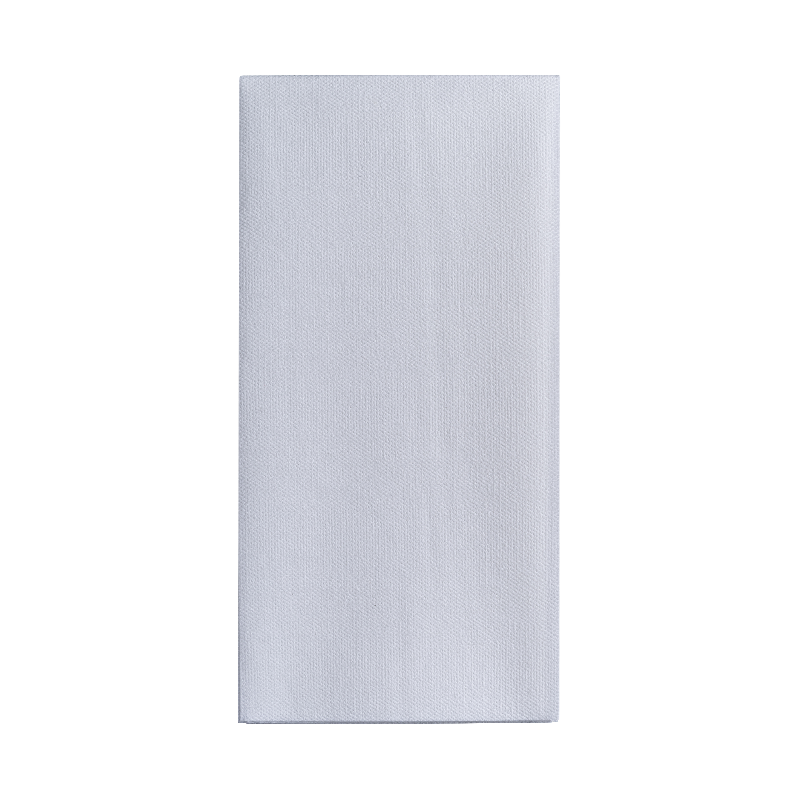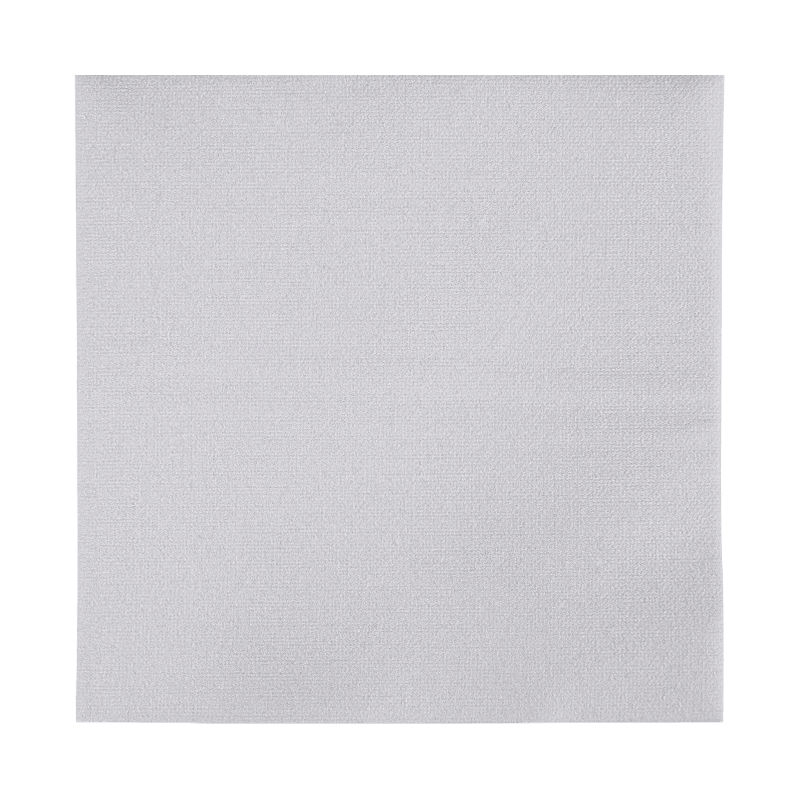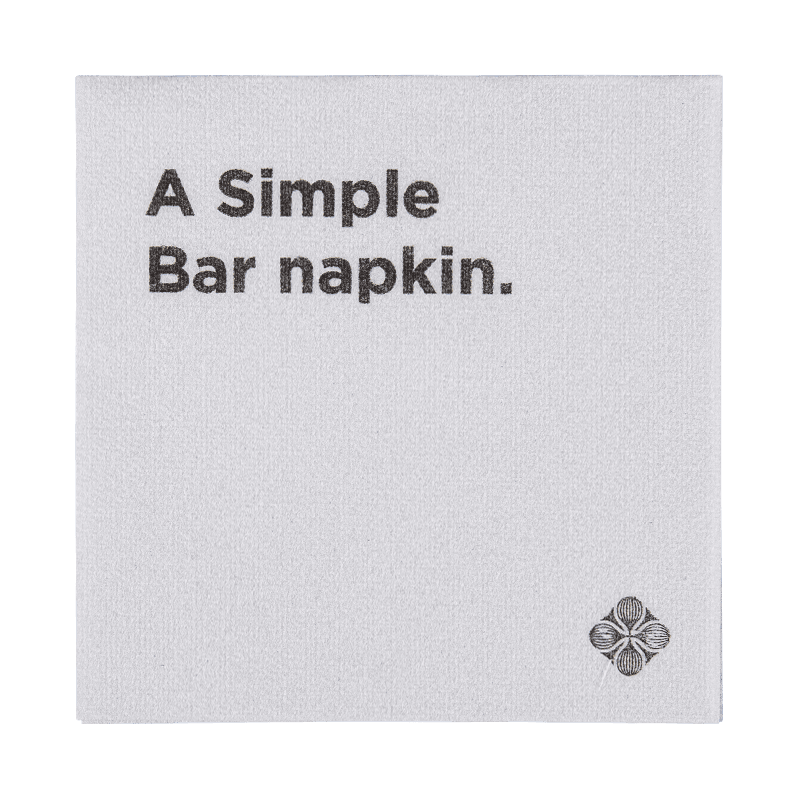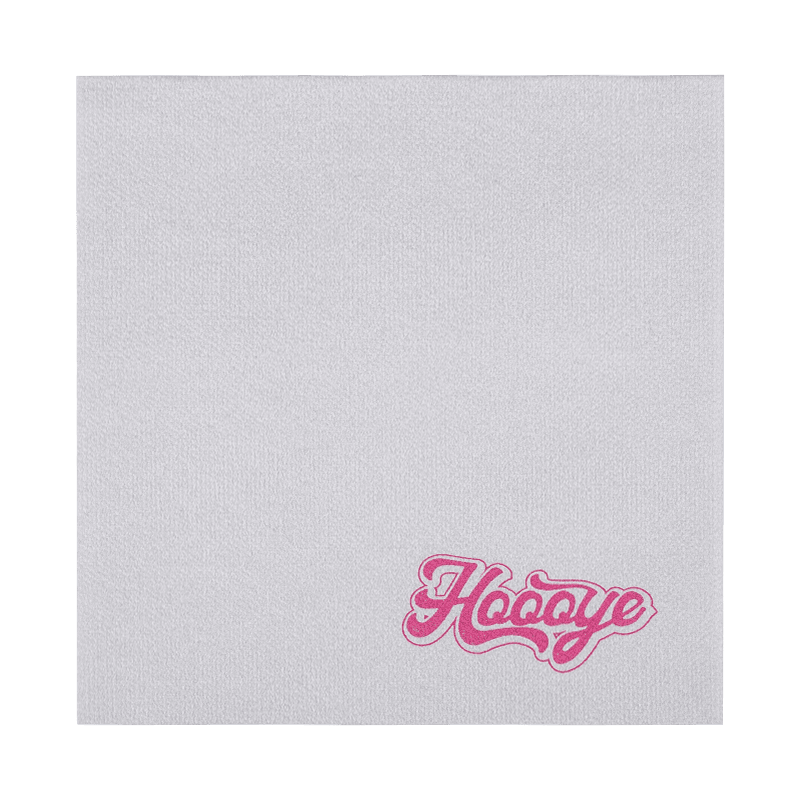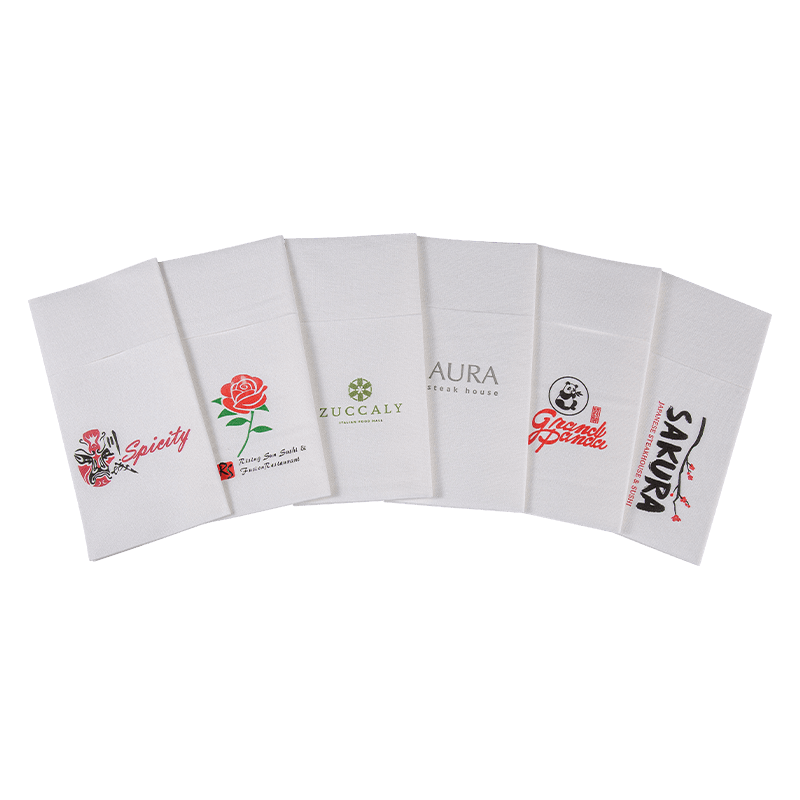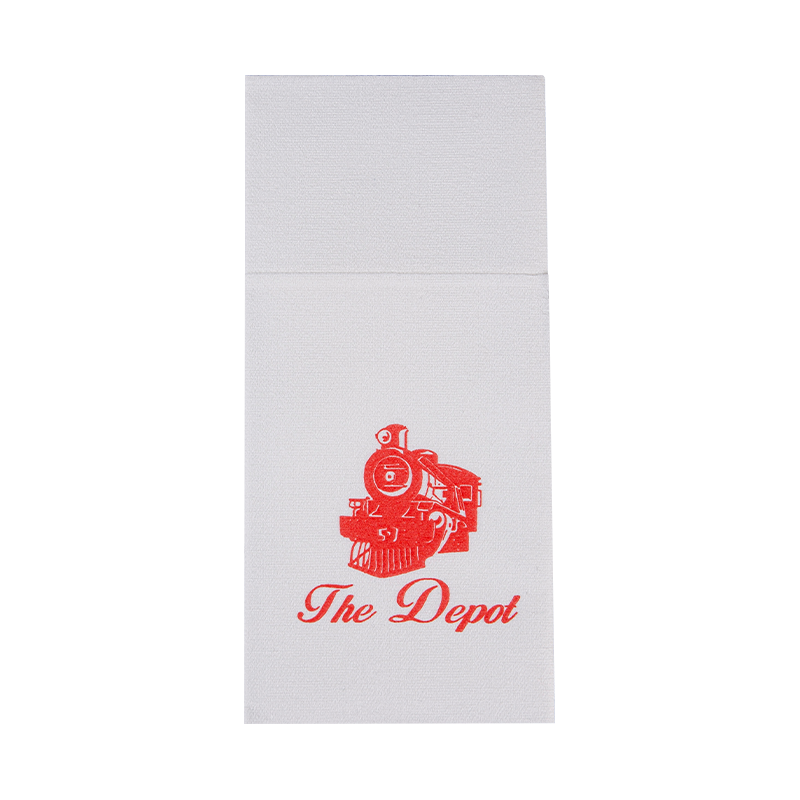Automation and intelligence: New trends in paper towel factory manufacturing processes
With the rapid development of modern manufacturing technology, paper napkins factory is undergoing unprecedented changes. The introduction of automation and intelligent technologies not only improves production efficiency, but also significantly improves product quality, while reducing operating costs, bringing new development opportunities to the paper towel industry.
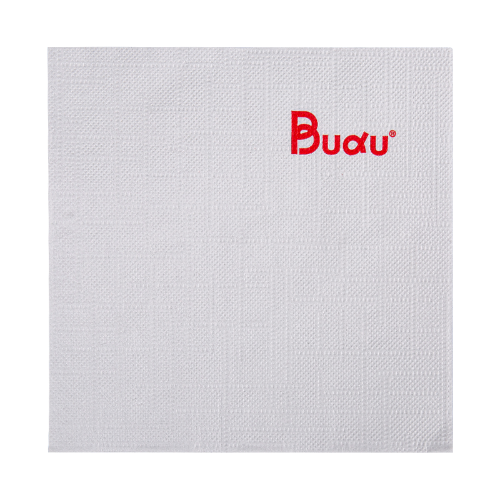
Automation improves production efficiency
In the traditional paper napkins factory, the production process relies on a large number of manual operations, is inefficient and is susceptible to human factors. Today, automation technology has become one of the core driving forces in the industry. For example, by introducing an automated production line, cutting, folding, packaging and other processes of tissues can achieve high-speed operation, greatly improving production efficiency.
In addition, the use of robotic arms and automatic transmission equipment enables the factory to work simultaneously on multiple production lines, thus meeting the market's diverse needs for different types of tissues. This efficient operation model not only shortens the production cycle, but also reduces the dependence on labor and reduces operating costs for the factory.
Intelligent optimization of quality and cost
The application of intelligent technology in paper napkins factory is completely changing the way of product quality management. For example, using the Internet of Things (IoT) technology, factories can monitor data at each production link in real time, including the use of raw materials, the operating status of equipment, and the quality inspection of finished products. Through this data, factories can quickly identify and resolve potential issues, ensuring that products always meet high standards of quality requirements.
At the same time, the application of artificial intelligence (AI) and big data analysis makes production planning more accurate. For example, based on market demand forecasting and inventory management systems, factories can optimize production schedules and reduce raw material waste. This intelligent production method not only reduces costs, but also improves resource utilization.
New opportunities for sustainable development
The application of automation and intelligent technologies also provides paper napkins factory with more sustainable development possibilities. For example, through intelligent control systems, factories can accurately manage energy and water consumption, reducing the impact on the environment during production. In addition, the introduction of robotics enables factories to adopt more environmentally friendly production materials, thereby promoting the realization of a low-carbon production model.
At the same time, the use of an intelligent logistics management system can optimize the distribution path of tissue products and reduce carbon emissions during transportation. These technological innovations not only improve the competitiveness of the factory, but also help the entire industry move towards a more environmentally friendly direction.

Future development direction
With the further development of technology, paper napkins factory will develop towards a more efficient, intelligent and sustainable direction driven by automation and intelligence. In the future, flexible manufacturing technology and intelligent supply chain management will become the focus of the industry, helping factories respond to changes in market demand more quickly. In addition, the application of artificial intelligence-driven quality control systems and augmented reality (AR) technology will also bring more possibilities to tissue manufacturing.
Automation and intelligence are reshaping the pattern of the paper towel industry, providing factories with greater development space and competitive advantages. Driven by this new trend, the tissue manufacturing industry will surely continue to occupy an important position in the global market.


 English
English  Español
Español 


